Truth About Prescription Weight Loss Drugs
March 2023
Mount Sinai South Nassau “Truth in Medicine” Poll: One-Third of Metro Area Residents Consider Themselves Overweight
- Nearly one-quarter say they would take a drug to lose the pounds
Nearly one-third of metro area residents consider themselves overweight and almost one-quarter say they would take a prescription weight-loss drug to shed extra pounds, according to the latest Mount Sinai South Nassau Truth in Medicine Poll.
Ten percent of poll respondents are currently taking or know someone who uses the prescription drugs Ozempic, Mounjaro, or Wegovy to lose weight. Most of them are women under 50 and Black.
While all three drugs can generate weight loss, only Wegovy is FDA approved for weight management in obese or overweight teens and adults with at least one weight-related co-morbidity. Ozempic, the most well-known brand name, and Mounjaro are only approved for patients with type 2 diabetes to control blood glucose levels.
One-half of respondents admit to binge eating. Sixty percent confirmed they eat two or more fast-food meals per week and 22 percent said they consume four or more fast-food meals regularly. Meanwhile, 60 percent of area residents reported that inflation has changed their buying habits at the grocery store.
The Mount Sinai South Nassau “Truth in Medicine” Poll—sponsored by Bethpage Federal Credit Union and conducted by a national polling research firm—is the only hospital-based public health poll of its kind in the region, aiming to measure public perception and knowledge of key health issues.
Off-label use of prescription drugs as an alternative to dieting and exercise to lose weight is contributing to supply shortages in the United States and globally for the people—most of whom have diabetes—that they were created to help. For example, France's national drug safety agency estimates that over the course of a year, more than 2,100 patients in France were prescribed Ozempic, even though they did not have diabetes.
“These treatments were not intended to serve as an alternative to regular exercise and healthy eating to lose a few extra pounds quickly,” said Aaron E. Glatt, MD, Chair of the Department of Medicine at Mount Sinai South Nassau. “They were created to manage type 2 diabetes and obesity.”
But exercise and dieting do not seem to be working for many. A majority of respondents who made a New Year’s resolution to lose weight reported as of late February that “it is not going very well.”
A lack of communication between patients and their medical providers about the management of their weight appears to be a contributing factor, according to the poll results.
Overall, 28 percent of all respondents have spoken to a health care provider about their weight. Of those who have not, 39 percent say they failed to do so because the provider did not bring it up and 12 percent said there is nothing a health care provider can do. Far fewer (seven percent) were uncomfortable discussing the subject with their provider, and two percent were embarrassed or fearful of being judged—even though only eight percent of respondents said a health care provider made them feel uncomfortable about their weight.

Truth About Alcohol
A majority of New Yorkers are considering drinking less alcohol or encouraging others to do so as a result...
Read More

Truth About Managing Holiday Stress
Despite their reputation for being grumpy, and headlines often dominated by crime-related news...
Read More

Truth About Cell Phones
Parents in the metro area strongly support a ban on cell phone use in schools and agree that social media companies...
Read More

Truth About Medical Aid in Dying
More than one-third of metro area residents support legalized medical aid in dying (MAID, also referred to as physician-assisted death)...
Read More
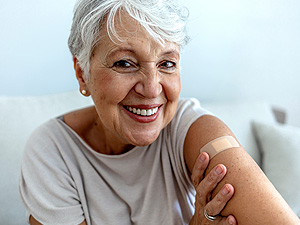
Truth About the Updated COVID-19 Vaccine
Only 15 percent of area residents have received the updated COVID-19 vaccine, according to results...
Read More

Truth About Government & COVID-19 Testing
More than 80 percent of metro area residents say the government should be doing more...
Read More
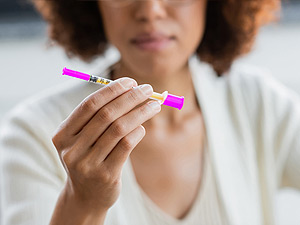
Truth About Prescription Weight Loss Drugs
Nearly one-third of metro area residents consider themselves overweight and almost one-quarter...
Read More
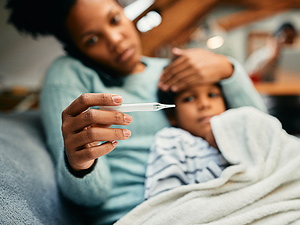
Truth about the Tridemic: Don't Delay Vaccines
Poll shows public reluctant to get vaccines, won’t adjust plans for the holidays...
Read More

Truth About Mental Health Services
Many Long Islanders Struggle to Find Needed Mental Health Service...
Read More
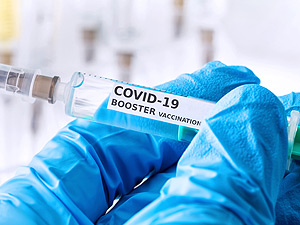
Truth About Vaccine Boosters
75 Percent of vaccinated Metro Area Residents Say They Will Get a COVID-19 Booster Shot...
Read More

Truth About COVID-19: Poll 3
More than 50% of Metro Area Residents Polled Do Not Plan to Get COVID-19 Vaccine...
Read More
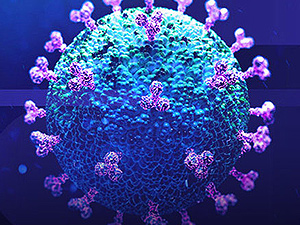
Truth About COVID-19: Poll 2
Two-Thirds of Metro Area Residents Would Forgo Sporting Events, Movies, and Public Transportation...
Read More
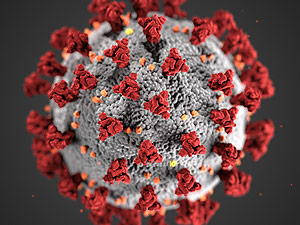
Truth About COVID-19: Poll 1
More than half of metro area residents said they would get a vaccine to combat the spread of the novel coronavirus...
Read More

Truth About Stress
Poll results show women under 50 are most stressed out as holidays approach...
Read More

Truth About Vaping
Eighty percent of parents think vaping is addictive, and 63 percent think that it is unsafe...
Read More

Truth About HPV
More than one-third of parents are not aware of CDC recommendations to vaccinate...
Read More